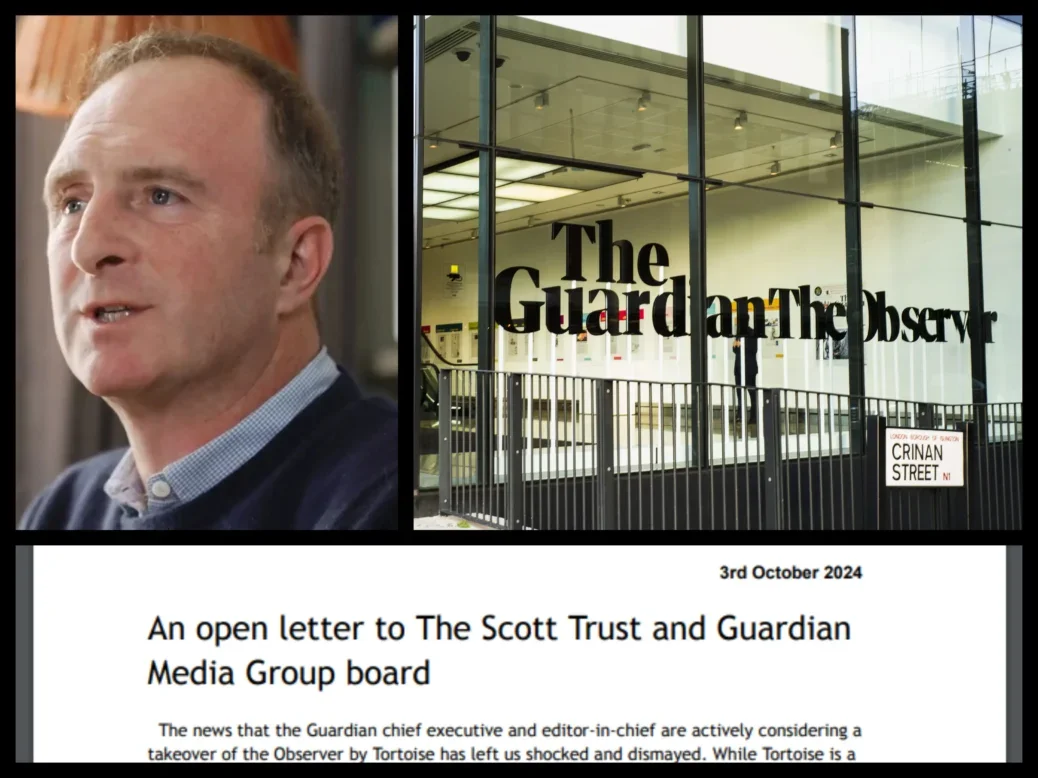
Back in June 1977, I was in the first stages of my career as a stats clerk in the circulation department of The Guardian. The then circulation director, Michael Jack, asked if I could organise the removal of the board room fridge to The Guardian’s small office on Fleet Street so that a selection of glitterati could witness a procession event to Westminster Abbey, to celebrate the Queen’s Silver Jubilee.
Having called a taxi, I lugged the fridge from the board room to the taxi and into the Fleet Street office. A simple task. Except that by the time I got back to the main office in Farringdon Road, all hell had broken loose. I was a member of the wrong union to carry out manual work, and as a result there was a threat to stop printing, until the fridge was brought back…. from then, I suffered the ignominy of returning the fridge to its original home and apologising to the union’s ‘Father of the Chapel.’
Such was the power of the unions. This, plus the enormous salaries print workers commanded, came close to breaking the news industry. The result was Rupert Murdoch’s union-busting move to Wapping in 1986 which ushered in a new era of printing technology (and newspaper profitability). Today the threats to our news industry are far more formidable.
So, when I read the headline “Guardian Media Group journalists back strike in indicative vote on Tortoise Observer bid” my immediate reaction was “WTF! What a great solution for everyone involved. More jobs saved.”
Because in this digital age – when print newspapers have a half-life of six years – The Observer, with a circulation of around 100,000, is a dispensable subset of The Guardian’s world-leading online strategy (attracting a monthly UK audience of 22 million). I doubt the printed Observer, without the shared resources of The Guardian, is a viable entity alone. Online, its brand is currently seen as superfluous by Guardian Media Group.
When I first read about the Tortoise bid, I thought it was an opportunity for all parties:
- For Tortoise, it provides a wonderful brand from which to expand and promote its already commendable output
- For The Guardian, it avoids the cost of future staff redundancies and may also provide a capital income (although the terms of the deal have not yet been disclosed).
For The Observer brand (232 years old and counting) Tortoise ownership could be the best option currently on the table:
- Editor James Harding’s background couldn’t be better. He is a former editor of The Times and former head of BBC News
- Tortoise co-founder Matthew Barzun’s credentials include being a fundraiser for Barack Obama, US Ambassador to the UK and former chief strategy officer of technology and media news website CNET, helping to grow it to a peak valuation of $1.8bn in 2008. His involvement signals Tortoise’s ambitions to expand into the US market, as The Guardian has achieved so successfully.
Between them, I would suggest that they have as good a chance as any other news media player of sustaining a successful future for The Observer.
The Guardian and Observer journalists work for a not-for-profit entity, that takes a sympathetic view regarding its portfolio and employees. It is possible to imagine that a more hard-headed owner might choose to close The Observer rather than sell it, creating a major potential future rival in the liberal media space.
As someone who happily volunteers my monthly Guardian subscription, I expect the recipient to make the most from my contribution.
The decision to divest The Observer – in such favourable terms, for the company and the staff involved – seems to me an obvious strategic move. Striking over this would be an abuse of The Guardian’s million-plus voluntary subscribers and a lost opportunity for the staff involved.
Email pged@pressgazette.co.uk to point out mistakes, provide story tips or send in a letter for publication on our "Letters Page" blog
